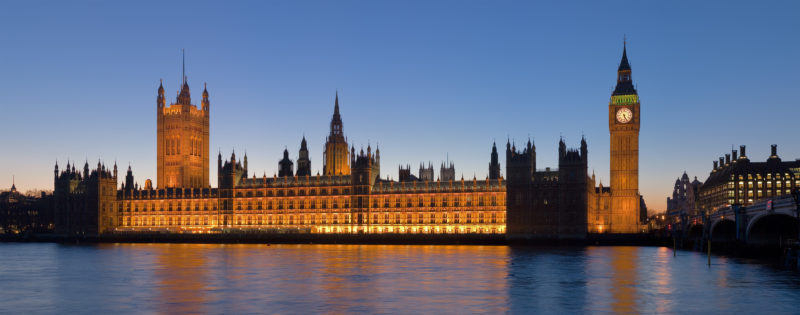Yasmin Qureshi Labour Member of Parliament for Bolton South East

There are some positive elements to this Bill, such as the provision to guarantee access to cash, which is very important for those that still rely on cash to make everyday purchases.
Indeed, the Bank of England found that 1.2 million adults in the UK did not have bank accounts, and an analysis from Which? showed that one in six people have struggled with the shift towards cashless payment as a result of the pandemic.
I also welcome its establishment of new secondary objectives for the UK’s financial regulators to consider our international competitiveness and long-term growth. I believe that it is a welcome first step in supporting financial services to take advantages of opportunities outside the EU, such as creating a welcoming environment for new financial technologies and incentivising financial services to increase investments in domestic industries.
However, I share the concerns of Global Justice Now about Schedule 2 of the Bill, which will see changes to the Markets in Financial Instruments Directive No. 2 (otherwise known as MiFID 2), a retained piece of EU law.
Indeed, my Opposition Colleague, Tulip Siddiq, the Shadow Economic Secretary to the Treasury, raised these concerns during the Second Reading of the Financial Services and Markets Bill on 7 September. She said:
‘Global Justice Now has brought to my attention concerns that the Government’s proposed reform to the position limits regulations under MiFID II have not been adequately assessed for commodity market speculation risks. I ask the Minister to provide some reassurance that these reforms will not adversely impact commodity prices, such as energy and food prices, in the midst of a cost of living crisis, and to explain what role the regulators will play in monitoring this.’
Neither during the debate nor since then has the Government addressed these concerns, it has instead insisted that it will press ahead with its proposed changes to MiFID 2. I fear that the Government will get its way and that these changes will make it into the final Bill without the Government needing to provide reassurances.
Throughout the Bill’s passage, the Government’s majority has held and defeated a number of sensible Opposition amendments. For example, we supported a new clause that would have required the Treasury to publish a national strategy for tackling fraud and associated financial crime, including arrangements for a data sharing agreement between law enforcement agencies, regulators and others to track stolen money. This was defeated by 282 votes to 205, with no Conservative MPs rebelling.
However, despite this, I can assure you that my Opposition Colleagues and I will continue to support amendments to improve the Financial Services and Markets Bill as it goes through its remaining stages.
More broadly, I am firmly opposed to the Government’s concerted efforts to deregulate the financial sector, including the announcement by the Chancellor that he plans to repeal City safeguards that were put in place following the 2008 Financial Crisis.
I believe that this is an incredibly dangerous move which is being made in pursuit of a get-rich-quick style economic recovery, built on financial gambling and risk. I can assure you that I will oppose this approach in Parliament.
